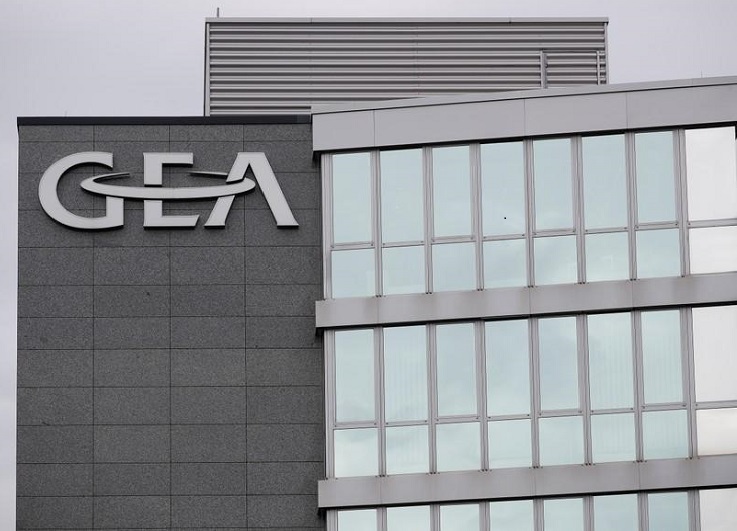Street Calls of the Week
Investing.com -- BofA Securities analysts have downgraded GEA Group AG (ETR:G1AG) to “underperform” from “buy,” citing concerns over a weakening capital expenditure cycle in the food and beverage sector, particularly in the United States and China, which are GEA’s largest markets.
The analysts at BofA Securities also pointed to the risk of margin compression due to the impact of European tariffs and challenges in project execution.
According to the BofA Securities , the current valuation of GEA is at a 10-year high compared to its sector, with market consensus anticipating a 50 basis point annual margin expansion between 2025 and 2027.
The analysts at BofA Securities believe this premium valuation is not justified given the demand and operational risks facing the company.
BofA Securities has revised its EBITDA estimates for GEA downwards by 3% for both 2025 and 2026.
The brokerage now values the stock at 12 times its 2026 estimated EV/EBITA, a 10% premium over the sector, down from a previous 20% premium. This adjustment leads to a new price objective of €52 per share, a decrease from the previous €60.
The BofA Securities note says that while GEA has improved operational efficiency since 2019 through procurement consolidation and production shifts to lower-cost countries, potential further margin improvements could be stalled by current tariffs on European products.
These tariffs, currently at 10% and potentially rising to 20% in July, are expected to negatively impact margins on existing backlogs due to a disparity between employees and revenue in the U.S., indicating a high level of imports.
BofA Securities does not believe these tariff impacts are currently factored into consensus estimates.
The brokerage acknowledges that GEA has successfully increased its EBITDA margin from 10.7% in 2018 to 15.4% in 2024 through its "Mission 30" restructuring efforts.
While BofA Securities believes the targets of this initiative are largely achievable, their EBITDA margin expectation for 2027 is slightly below the consensus at 16.8% compared to the market’s 17%.
